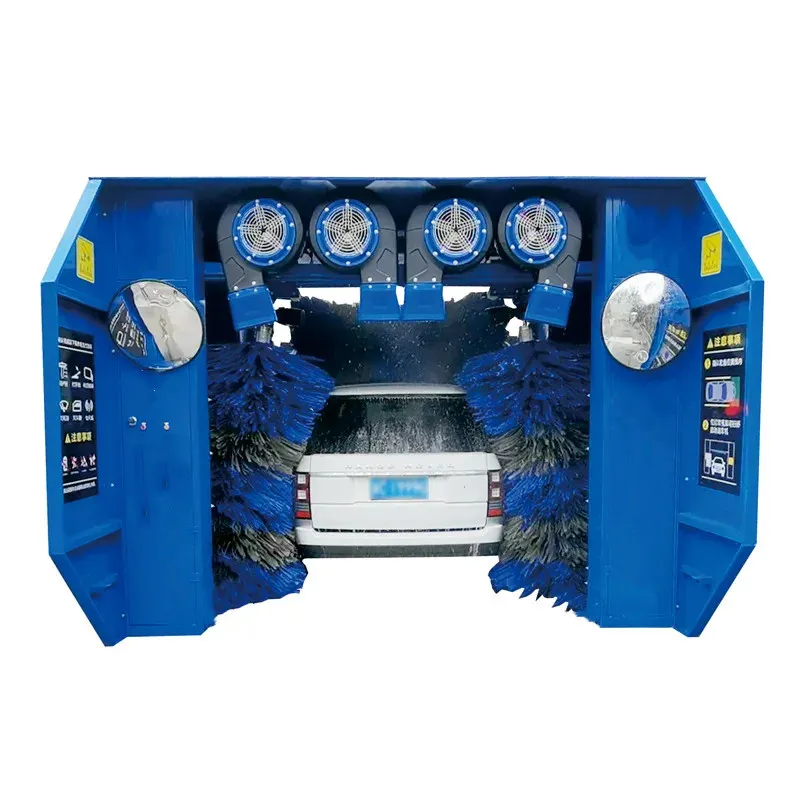
- Afrikaans
- Albanian
- Amharic
- Arabic
- Armenian
- Azerbaijani
- Basque
- Belarusian
- Bengali
- Bosnian
- Bulgarian
- Catalan
- Cebuano
- Corsican
- Croatian
- Czech
- Danish
- Dutch
- English
- Esperanto
- Estonian
- Finnish
- French
- Frisian
- Galician
- Georgian
- German
- Greek
- Gujarati
- Haitian Creole
- hausa
- hawaiian
- Hebrew
- Hindi
- Miao
- Hungarian
- Icelandic
- igbo
- Indonesian
- irish
- Italian
- Japanese
- Javanese
- Kannada
- kazakh
- Khmer
- Rwandese
- Korean
- Kurdish
- Kyrgyz
- Lao
- Latin
- Latvian
- Lithuanian
- Luxembourgish
- Macedonian
- Malgashi
- Malay
- Malayalam
- Maltese
- Maori
- Marathi
- Mongolian
- Myanmar
- Nepali
- Norwegian
- Norwegian
- Occitan
- Pashto
- Persian
- Polish
- Portuguese
- Punjabi
- Romanian
- Russian
- Samoan
- Scottish Gaelic
- Serbian
- Sesotho
- Shona
- Sindhi
- Sinhala
- Slovak
- Slovenian
- Somali
- Spanish
- Sundanese
- Swahili
- Swedish
- Tagalog
- Tajik
- Tamil
- Tatar
- Telugu
- Thai
- Turkish
- Turkmen
- Ukrainian
- Urdu
- Uighur
- Uzbek
- Vietnamese
- Welsh
- Bantu
- Yiddish
- Yoruba
Pricing Options for Tunnel Car Wash Equipment Solutions and Accessories
Understanding Tunnel Car Wash Equipment Prices
When it comes to running a successful car wash business, selecting the right equipment is crucial. Among the various types available, tunnel car wash systems have gained immense popularity for their efficiency and speed. As customers increasingly seek convenience, understanding the prices and features of tunnel car wash equipment can help business owners make informed decisions.
What is Tunnel Car Wash Equipment?
A tunnel car wash consists of a series of automated systems that clean vehicles as they move through a conveyor belt. The equipment typically includes pre-soak systems, high-pressure water sprayers, soft cloth washing brushes, spot-free rinses, and drying systems. This setup allows for a rapid yet thorough cleaning, accommodating a high volume of vehicles compared to traditional car wash methods.
Factors Influencing Prices
1. Type of Equipment Prices vary significantly based on the type and quality of equipment. Basic tunnel systems might cost around $100,000, while more advanced setups with sophisticated technology can range from $300,000 to over $1 million. The choice of equipment should align with your business model and customer needs.
2. Size and Capacity Larger systems capable of washing more cars per hour demand higher initial investments. For instance, a compact tunnel wash might be perfect for a small business, costing approximately $150,000, while larger multi-lane systems designed for high traffic can exceed $500,000.
3. Customization and Features Many operators seek additional features to enhance the customer experience. Options like heated water, advanced drying systems, and eco-friendly cleaning agents can increase the cost. Customization to fit specific business needs often adds a premium to the total price.
tunnel car wash equipment prices

4. Installation and Maintenance The installation of tunnel car wash equipment is another major cost factor. Depending on the complexity of the system, installation can range from $10,000 to $50,000. Additionally, ongoing maintenance expenses should be factored in, as regular upkeep is essential for optimal performance and cost efficiency.
5. Location and Market Demand The local market greatly influences pricing. In areas with high demand for car wash services, the average price for equipment may be higher due to intense competition. Conversely, in less populated areas, prices may be lower, but the potential customer base needs consideration.
Buying New vs. Used Equipment
Deciding whether to purchase new or used equipment is crucial. New systems come with warranties and the latest technology, offering greater reliability. However, they also come at a premium price. On the other hand, used equipment can provide substantial savings, costing 30% to 50% less than new models, but may require more frequent repairs and lack modern features.
Financing Options
Given the high initial investment required for tunnel car wash systems, financing options are often utilized. Many suppliers offer financing plans, ranging from equipment leases to loans, spreading the cost over several years and easing the financial burden. Business owners should carefully evaluate their cash flow and consider various financing strategies to find the best fit.
Conclusion
Investing in tunnel car wash equipment is a significant decision that can influence the success of a car wash business. Understanding the factors affecting prices, from equipment type to location demands, helps owners make more informed choices. Whether opting for new or used equipment, considering financing options is also crucial to ensure a sustainable investment. By strategically planning and budgeting for tunnel car wash equipment, entrepreneurs can enhance their business's efficiency and potentially increase profitability, meeting the growing demand for convenient car wash services.
-
Integrating Aqua Tunnel Car Wash in Shopping CentersNewsJun.24,2025
-
Gas Station with an Auto Car Wash MachineNewsJun.24,2025
-
Efficiency in Your Aqua Tunnel Car Wash: Power & Water-SavingNewsJun.24,2025
-
Car Wash Business with Advanced Auto Car Cleaning MachinesNewsJun.24,2025
-
Balancing Setup Costs with Aqua Tunnel Car WashNewsJun.24,2025
-
Aqua Tunnel Car Wash: Eco-Design for the Energy-Savvy EntrepreneurNewsJun.24,2025



